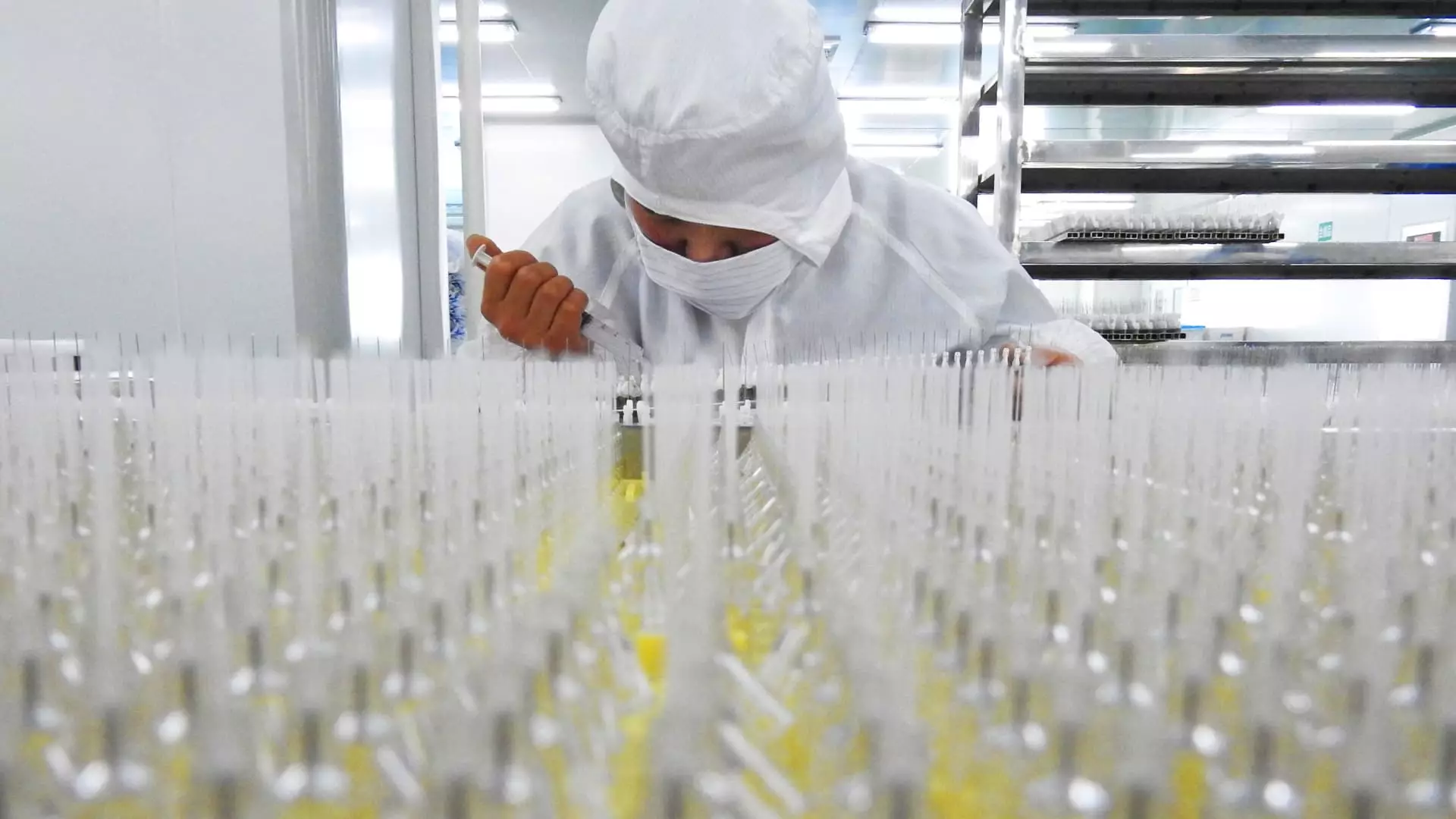What appears to be a straightforward act of trade retaliation by China actually exposes a deeper, more complex confrontation over economic influence and perceived fairness. China’s recent restrictions on European medical device imports, coupled with tariffs on EU-originated brandy, are not merely about safeguarding national interests but are symptomatic of a broader struggle to control the narrative on fair trade. This tit-for-tat dynamic reveals the fragility of the global trading order, where reciprocity is often proclaimed but inconsistently applied.
Truly, China’s retaliatory measures underscore an uncomfortable truth: the trust that once undergirded international trade relations is eroding. Despite propaganda touting mutual benefits, realpolitik often dominates, and when one side perceives injustice or imbalance, protectionist tactics are inevitable. The EU’s decision to bar Chinese firms from lucrative public tenders was viewed as a violation of reciprocal market principles, prompting China’s “necessary steps” in kind. These actions strip away the veneer of cooperation, exposing a fierce competition where economic diplomacy is increasingly weaponized.
Markets and Morality: A Battle of Integrity?
The core issue wrested in this ongoing struggle is the question of fairness and transparency. The EU claims an unfair access barrier for European companies operating in China, while China counters with restrictions rooted in the content and origin of components. Both sides paint their measures as justified responses, yet beneath their rhetoric lies a fundamental distrust that taints the global marketplace.
From a progressive liberal perspective, such protections are often viewed as indispensable safeguards against unfair practices and economic coercion. But they must be implemented with caution, lest they become tools of protectionism that stifle innovation and restrict global collaboration. China’s refusal to accept what it perceives as unfair treatment points to a troubling reality: global economic power dynamics are shifting, and traditional mechanisms of cooperation may no longer suffice. Instead, they threaten to fracture into isolated bubbles of influence, where national interests override collective progress.
Protectionism as a Sign of a Deeper Crisis
Far from being mere reactions, these escalating tensions reflect a crisis in the global trading model—one rooted in mistrust and asymmetric power relations. China’s decision to impose duties up to 34.9% on European brandy and restrict medical device imports signals a desire to reassert control while testing the limits of Western patience and leverage. It highlights a growing inclination among major economies to prioritize sovereignty and strategic autonomy over open market principles.
From a liberal yet pragmatic standpoint, such measures should serve as warning signs, not just of economic conflict but of an impending fracture in multilateral cooperation. The global community must scrutinize whether these protections serve genuine national interests or merely contribute to a fortress mentality that hampers dialogue and mutual understanding. The question remains: in a hyper-connected world, can such reciprocal restrictions ever lead to a sustainable, balanced economic order? Or are they merely symptoms of a deeper conflict over who holds the power to define the rules of engagement?
By critically examining these measures, we reveal an uncomfortable truth—that the ideal of free, fair trade is increasingly at risk of capitulation to geopolitical rivalry. If the West continues to dismiss China’s grievances as merely protectionist bluster, it risks deepening divides that threaten to take years, if not decades, to mend. Conversely, China’s escalation underscores the importance of constructing a new, more equitable framework—one founded on transparency, cooperation, and mutual respect—before the boundaries of global trade become permanently hardened.


Leave a Reply